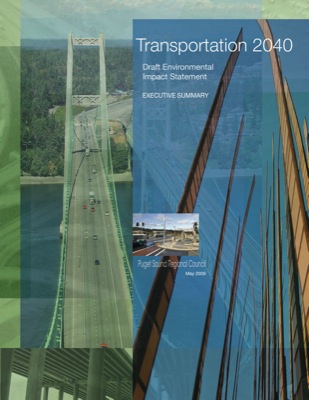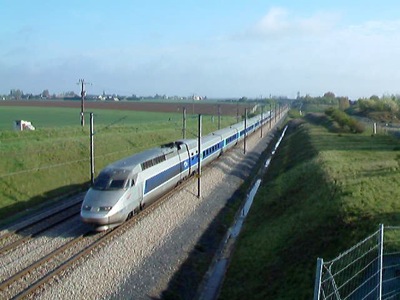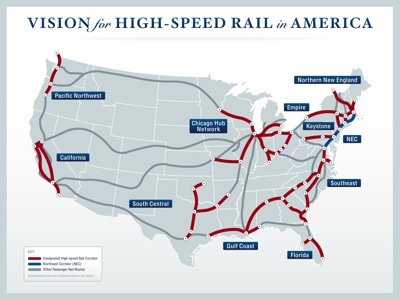The Puget Sound Regional Council (the metropolitan planning organization for the Seattle-Tacoma area) is seeking comments on its draft 2040 transportation plan. The Antiplanner has long been critical of long-range transportation planning, and this plan is, if anything, even more repulsive than previous efforts.

For one thing, even though it is supposed to be a draft environmental impact statement (DEIS), it is written in a patronizing question-and-answer style reminiscent of a children’s book. This sends a clear message that planners think the readers are idiots and need to be guided by the hand or they might want something that is politically incorrect. As it turns out, the data in the document show it is the planners who are the idiots.









